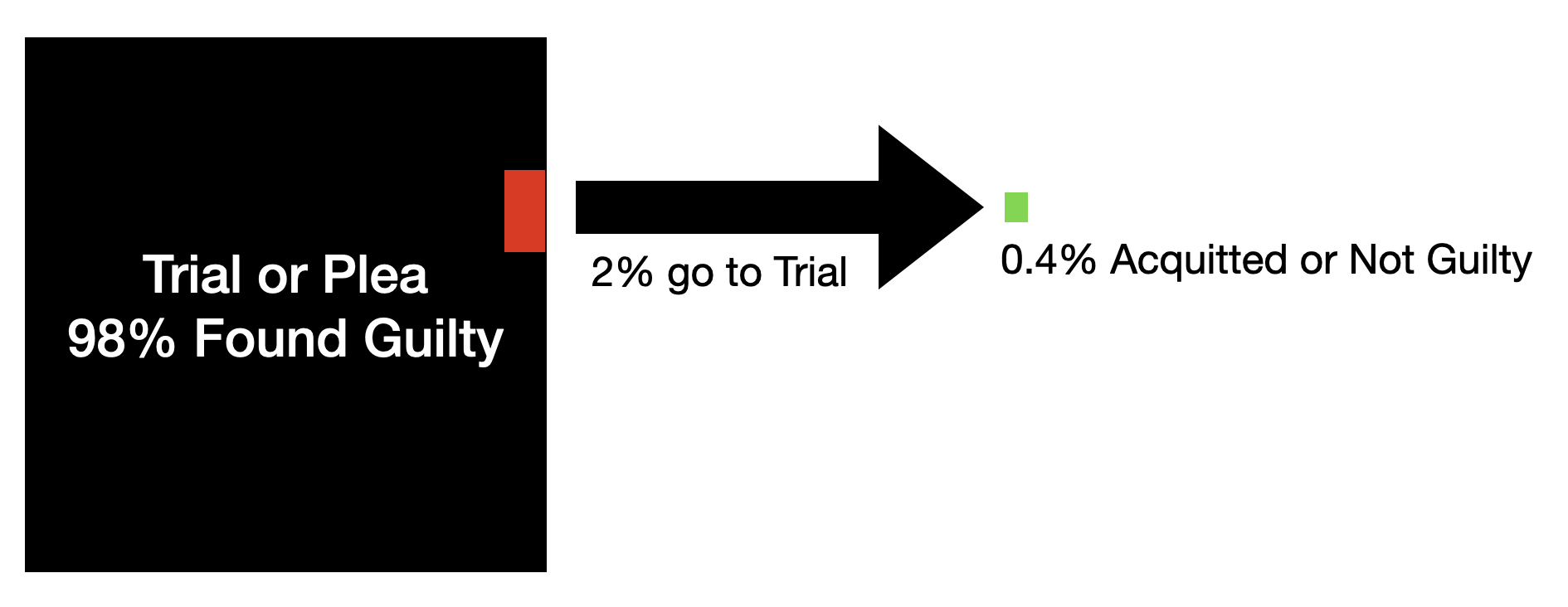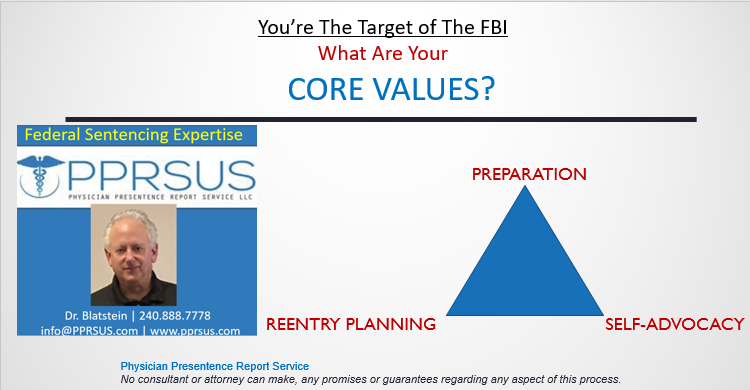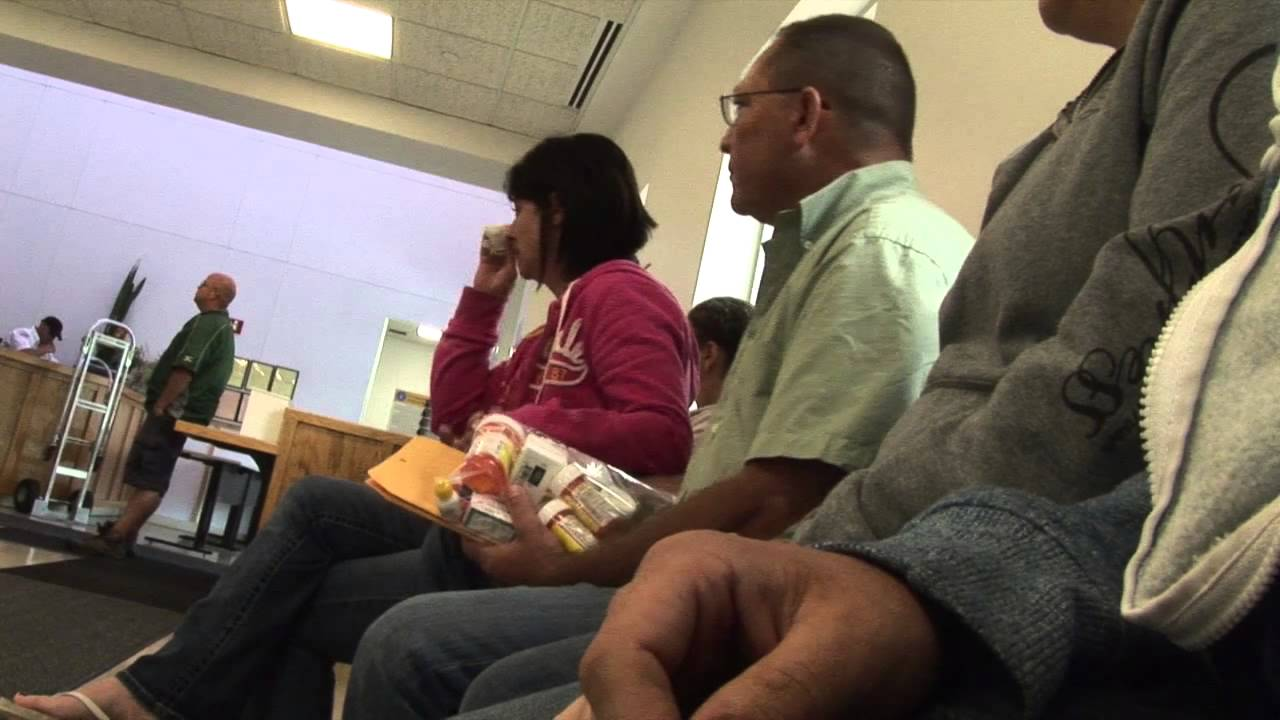In this YouTube video, I cover what you can bring when you self-surrender. The optimal time is before noon and then before 4 p.m. In the weeks before, there is additional planning, which I cover below.
ENSURE A SMOOTHER PROCESS IN AND OUT, BEFORE AND AFTER YOU SURRENDER
- Verify with all parties that the receiving facility has received all the required judge’s orders for your arrival before you get there, 18 U.S.C. § 3621(c).
- If you arrive before your judge’s orders (no matter how rare that may be), you may find yourself being placed in an Isolation Cell, and now that they have you, they’re not likely to let you go.
- If we have prepared you, your orders will be there, and you’ll have books to read soon, which should take the edge off if they keep you in Isolation for several days.
- If you’re ultimately designated to a ‘satellite’ camp, know you must present yourself to the adjacent, ‘higher’ secure facility – not the satellite camp. If you’re going to a Free-Standing Federal Prison Camp (FPC), No Worries, you will not face most of these challenges.
- Also, know that at the higher secure facility, you will likely see prisoners in handcuffs and shackles, guards with long guns, guard towers, etc., so just an FYI.
- Being prepared is essential—this is not a time for surprises. Clients deal with the emotional aspects of “prison” in their own way, especially if it’s their first time.
- Once inside, you will be screened and given a change of clothes. The clothes and peripherals they came with will be boxed and mailed to your ‘legal residence.’ You’ll also have to strip, squat, and cough.
- The copies (or originals) of your birth certificate, passport, driver’s license, and social security card will all be kept and returned to you at the time of your release.
- If you store them somewhere, know who is holding them and where they are.
- What Not to do while you’re there,
- No Alcohol, Drugs, Gambling, or Sex with Inmates or Staff.
- When you first arrive, keep a low profile until you understand the prison world better; look for someone like you.
- No chit-chat, casual talking to guards.
- Don’t be an informant.
- Don’t use anyone’s Cell Phone.
- It’s expected to be apprehensive at first.
- Emails and USPS letters are read, and calls are monitored (Never do a 3-Way Call)
- Don’t use someone else’s medications.
- The TV Room is mostly under others’ control – don’t change the channel if others watch TV.
- Don’t miss the counts. Find out where the Call-Out Sheet is and look at it daily for your name.
- Be Respectful to other inmates, their personal space (don’t just sit on a person’s bed – ask permission), and staff.
- Be aware that banks and different investment, mortgage, and other loan companies may elect to close your accounts due to your criminal charge(s).
- Be sure to have someone you trust notarized as your Power of Attorney. They could also be your emergency contact at the prison for your visits.
- Start looking at smaller local banks, possibly in different states, and look to open other accounts.
- To not get financial penalties as some of your investments are being forced to close, here, too, look for other places to move your funds to avoid those penalties.
- Possible Felon-friendly Banks – Check First: BMO U.S, Bluevine, SoFi, Choice Bank, Vanguard: Mutual funds, IRAs, ETFs, 401(k), Credit Unions, Capital One® Secured Card and Best Credit Building Credit Cards (Updated May 2024).
- Disclaimer: Please verify that these will not close your accounts before you move your funds to these institutions.
- Case Managers will be looking for Personal Growth and Development in addition to your taking the First Step Act (FSA) Programs. Keep a record of your activities and conversations with BOP Staff because like insurance –you don’t realize you need it until You Do.
- Reading Books (Non-Fiction) for Personal Growth,
- Amazon sells cheap paperback journals with lined pages, but they will also need writing inside because the BOP may not let in blank pages. These can be inspirational quotes, religious, or anything else, but something is necessary.
- Constructive Learning. Whatever you are interested in—art, History, Famous people, Banking, Real estate, or painting or drawing—do that.
- Now The Journal. Every day, start a routine for yourself once you get inside. Every day, write what you’ve done,
- You’ve taken an FSA Class [note the day, time, class name and find something that you learned],
- Note every conversation you had with a correction officer (BOP Staff), just in case…
- Once you start reading BOOKS (Non-Fiction), again [note the day, time, book, and find something that you learned and may want to implement later].
- As you document your journey, this is also Building your Release Plan
- You’ve been educated to the max as a Ph.D., Doctor, Lawyer, Scientist, etc., so consider teaching a class to inspire those around you.
- Reputation Management. Create a website for yourself before you surrender, and then email home everything you’re doing to rebuild your life. So far, all that is there is your INDICTMENT, and Reputation Management Companies don’t hold up in the long run. I’ve paid for one, and it hasn’t held up. Your daily log of your activities is a great starting point.
- Once you enter the BOP, this is another Planet. Frustration and Disappointment are to be expected and will test you to your core.
- Don’t vent your frustrations to your unit team and case managers; you will only worsen things for yourself. This period is Temporary for you, but for the BOP Staff, it is their job; they are here every day and have heard every complaint. Please stay under their radar and don’t get the reputation of a complainer.
- When you first arrive, as soon as you can get to a computer, take your first SPARC 13 Assessment Questions. You may still be offered programs without it, but you will not get any credit.
- Cancel all subscriptions to everything unless someone will be paying those fees.
- Credit Cards – Card Lock: What It Does, Who Offers It, How to Use It
- Credit card companies call the feature different names, often using “lock” or “freeze.” To initiate or cancel an immediate lock, use your card issuer’s mobile app or log in to your online account to activate an on-off switch. Many debit card accounts also feature a lock.
- New charges and cash advances will be denied when you lock a card. However, recurring autopayments, such as subscriptions and monthly bills charged to the card, will continue to go through. Typically, so will bank fees, returns, credits, interest, and rewards. Transactions that occurred before locking the card are unaffected.
- Check with your issuer or its website to determine whether you have a card lock and exactly how yours works. Locks work differently depending on the card issuer.
- Many issuers have added this feature in recent years; check yours. Here is a sampling,
- American Express freeze
- Barclays SecurHold™
- Capital One Card Lock
- Chase lock/unlock
- Citi Quick Lock
- Discover Freeze it®
- Wells Fargo Control Tower
- Wedding band, Bible, under $100.
- Bring verification if you have had all your Flu and COVID vaccines and boosters.
- Prescriptions for Medical Devices and Medications (2-3 weeks recommended; at worst, they are thrown out); at best, they are available for use. When surrendering on weekends or holidays, the BOP may allow these to be used if not available from their on-site pharmacy. Medical devices and glasses (that are not made with metal) are all allowed and should be referenced in your Presentence Report.
- ID: birth certificate, passport, driver’s license, and social security card. Copies or originals: It depends on how long your sentence is, and whether you will remember where and who holds your document originals.
- Cash may or may not be allowed, but you can try $320 ($370 in November and December). Otherwise, use either Money Gram or Western Union, as the funds will be deposited within hours.
- Legal papers (not your PSR) can include your Medical File and personal contact list. List of personal names (including phone numbers and addresses). Type on the back of a page from your court case and put it in an envelope labeled ‘Legal’ to take with you when you self-surrender.
- Schedule your list of books you’d like to read to start being sent (2 at a time/ month) 2 days before your arrival, lasting most of your pre-calculated stay.
- Don’t arrive at lunchtime.
- Present to the higher security facility if you expect a satellite camp.
- Speeding is sometimes understood at three mph over the limit when driving to surrender.
- Arrive early.
WHAT HAPPENS WHEN YOU SURRENDER?
- Learn what prison you have been designated to, then ensure they expect you. Did your court paperwork arrive? Are you listed on the BOP website?
- If it’s a Satellite Camp – You Surrender to the Higher Facility or Prison.
- While the Higher Secure Prison may house Violent Persons, you will not (Should Not) be interacting with them.
- You will Interact with the staff, and as they deal with Violent persons (or higher security persons), their attitude toward you may reflect the same harshness.
- …in other words, it won’t be a warm welcome or warm first impression.
- Bring actual or copies of your Driver’s License, Social Security Card, Medical File, prescriptions for your Medications, and Medical Device, if applicable.
- If you had a court-ordered penalty (i.e., Restitution), Paid it in Full, bring Proof. If you do not have proof, contact your attorney ASAP to get that to you before you Surrender. Next, once you have proof that you do not have any court-ordered payment responsibilities, you can keep any amount of money in your Trust or Commissary account.
- Sending Money: Western Union is $3 – $500, MoneyGram is $300, Max, and BOP Lockbox is any amount.
- Wedding Band, Religious Neckless; Max value of $100 is permitted. No stones.
- Release Plan, Phone Contact list (No Color, Not Double Sided): Bring it saying that you read online that this was important, and I wanted to give it to my Case Manager. You can also mail it to yourself that day [no more than three pages per envelope]).
- The soonest early release is after you’ve served 25% of your time.
- The 1st Case Manager meeting is within 30 Days.
- If you’re going to a Satellite Minimum Camp, after being screened and boxing your clothes to be sent home by the BOP, expect to be put into an isolation cell. This could take hours or days for various reasons—just don’t be surprised. If you have already set up the books on a schedule, you may get them today or tomorrow.
THINGS TO UNDERSTAND AND PREPARE FOR BEFORE YOUR SURRENDER – POSSIBLY LEADING TOWARD EARLY RELEASE
I. Compassionate Release – What is this?
II. RDAP: What is this, and do I Qualify?
III. Your Reentry/Release Plan – Is this Important? What is this?
IV. FSA—How does it work? What is this? In this video, I review how to successfully implement The First Step Act (FSA).
V. Case Managers, what power do they have over me, and who are they—what do they do?
VI. Who should you tell the prison to call in case of an Emergency?
VII. What are the BOP policies for phone calls, email, and personal Contacts, and how do you get money for the commissary?
VIII. Do you have a business that will be running while you are in prison? What can and can’t you do?
IX. Understand Your Medical Needs—Is your healthcare available? This is a big deal. Yes, you can get Surgical Second Opinions, and there may be a 1-3 year wait to get an appointment. After the medical second opinion consult reaches your medical team, the BOP is not obligated to follow it.
-
- Banks, Power of Attorney, and what they have in common.
- You have a court-ordered Financial Penalty, so understand its impact on your life in prison and release date.
XI. Did you learn why your Judge wants to learn about you? Because they know that Crimes Do Not Occur in a Vacuum;
-
- Narrative,
- Allocution,
- Reentry/Release Plan
- Letters That Attest To Your Character
- Are you Prepared?
WHY A RELEASE PLAN?
THIS IS ALL ABOUT PREPARATION; YOU WILL BE GOING HOME ONE DAY
SUCCESS IS A MENTAL PROACTIVE DECISION – THAT DOESN’T HAPPEN OVERNIGHT
I’m here to help you navigate through What You are Going To Encounter – Because I’ve Been Where You Are Now And Understand Your Fears.
Call 240.888.7778 for a personal one-on-one call
to discuss your current issue or that of a loved one. -Marc Blatstein
We are not Attorneys; you need Legal Representation.








